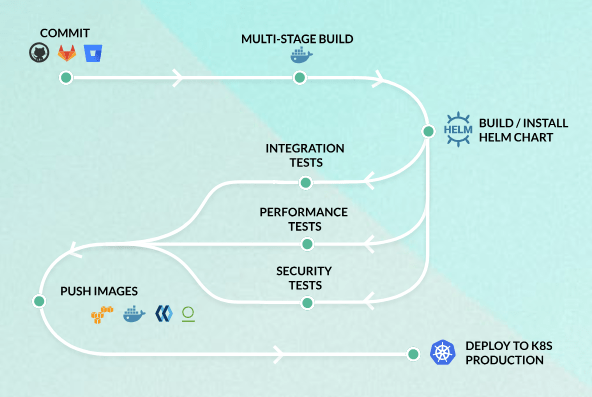Snap is seeking to explore new ground as it tries to outrun Instagram’s efforts to copy its features. Its newest effort may be building out a bona fide hub for gaming inside Snapchat, according to a new report from The Information. The platform will launch later this year, the report says, and Snap is already signing on game publishers to participate in its efforts.
We reached out to Snap for comment.
The news makes a lot of sense, given the efforts Snap has increasingly been pouring into its own Lens Studio software for developers to create its specialized AR filters. Snap reportedly bought a web-based 3D game engine last year, called PlayCanvas, which would serve as a good backbone for even more robust developer tools.
It’s not clear from the report whether these gaming titles would be focused largely on AR gaming, though one might expect it given all of the attention Snap has paid to the emerging mobile platform.
In April, the company launched “Snappables,” which were basically short selfie AR games that integrate easily into Snapchat’s Lens selection UI.
Augmented reality applications really benefit from sidling up closely to a camera platform, where you can snap a photo or record some video of an encounter with an AR T-Rex. This thinking benefits Snap. Snap is probably not competing with Google’s ARCore or Apple’s ARKit anymore; with these technologies, Snap simply seems to be striving to be the app that’s home to several of these experiences. This is an advantage Snapchat still seems to hold over Facebook and Instagram’s in-app cameras, which anecdotally don’t seem to be used very heavily by users, though the companies have not released usage numbers.
Snap won’t exactly be blazing the trail with messaging-based gaming experiences. Facebook Messenger has already experimented with short, shareable mini-games. As noted by The Information report, CEO Evan Spiegel has expressed admiration for Tencent’s business model, which sees nearly 40 percent of its revenues come from in-game purchases in the WeChat app. If the gaming platform did have a skew toward augmented reality, that would certainly be a unique proposition — though many of AR’s promises have still been unrealized as developers grapple with what makes an engaging experience.
Powered by WPeMatico




 “The meteoric rise of Kubernetes is happening so fast that most toolchains haven’t kept up, and M12 knows it,” said Raziel Tabib, Codefresh co-founder and CEO. “With this latest round of funding we’re going to aggressively accelerate our roadmap and expand our customer base.”
“The meteoric rise of Kubernetes is happening so fast that most toolchains haven’t kept up, and M12 knows it,” said Raziel Tabib, Codefresh co-founder and CEO. “With this latest round of funding we’re going to aggressively accelerate our roadmap and expand our customer base.”


